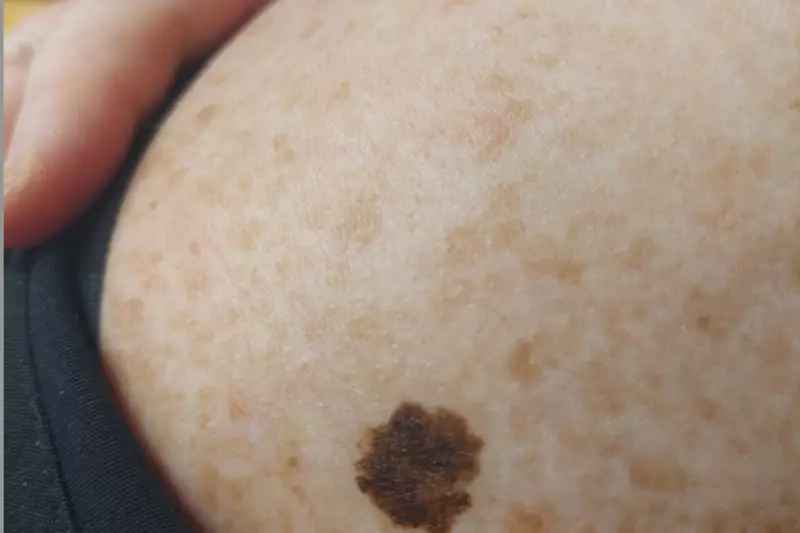
The National Health Service is embarking on a revolutionary transformation in skin cancer diagnosis, deploying cutting-edge artificial intelligence across England's healthcare system. This groundbreaking initiative represents one of the most significant technological advancements in modern dermatology.
The AI Revolution in Cancer Detection
Specialised AI systems are being implemented to analyse skin lesions with unprecedented accuracy, identifying potential melanomas that might escape the human eye. The technology processes images using sophisticated algorithms trained on thousands of confirmed cancer cases, providing clinicians with powerful decision-support tools.
How the Technology Works
When patients present with suspicious moles or skin growths, healthcare professionals can now utilise AI assessment alongside traditional examination methods. The system evaluates multiple factors including:
- Lesion symmetry and border irregularity
- Colour variations and patterns
- Size progression and structural changes
- Comparative analysis against vast medical databases
Transforming Patient Outcomes
Early trials have demonstrated remarkable results, with the AI system identifying malignant melanomas at stages when treatment is most effective. This technological advancement addresses the growing concern about rising skin cancer rates across the UK, where cases have increased significantly in recent decades.
Clinical Integration and Safety
NHS authorities emphasise that AI serves as an assistant to medical professionals rather than a replacement. "The technology enhances clinical expertise while maintaining the crucial human element in patient care," explained a senior NHS dermatology consultant. All AI recommendations undergo thorough review by qualified specialists before any treatment decisions are made.
The Future of Dermatological Care
This initiative forms part of the NHS's broader strategy to integrate artificial intelligence across various medical specialties. The successful implementation in skin cancer detection paves the way for similar advancements in other areas of diagnostic medicine, potentially revolutionising how healthcare is delivered throughout the United Kingdom.
Medical professionals anticipate that widespread adoption of this technology could significantly reduce waiting times for diagnosis while improving accuracy rates, ultimately saving lives through earlier intervention and treatment.





